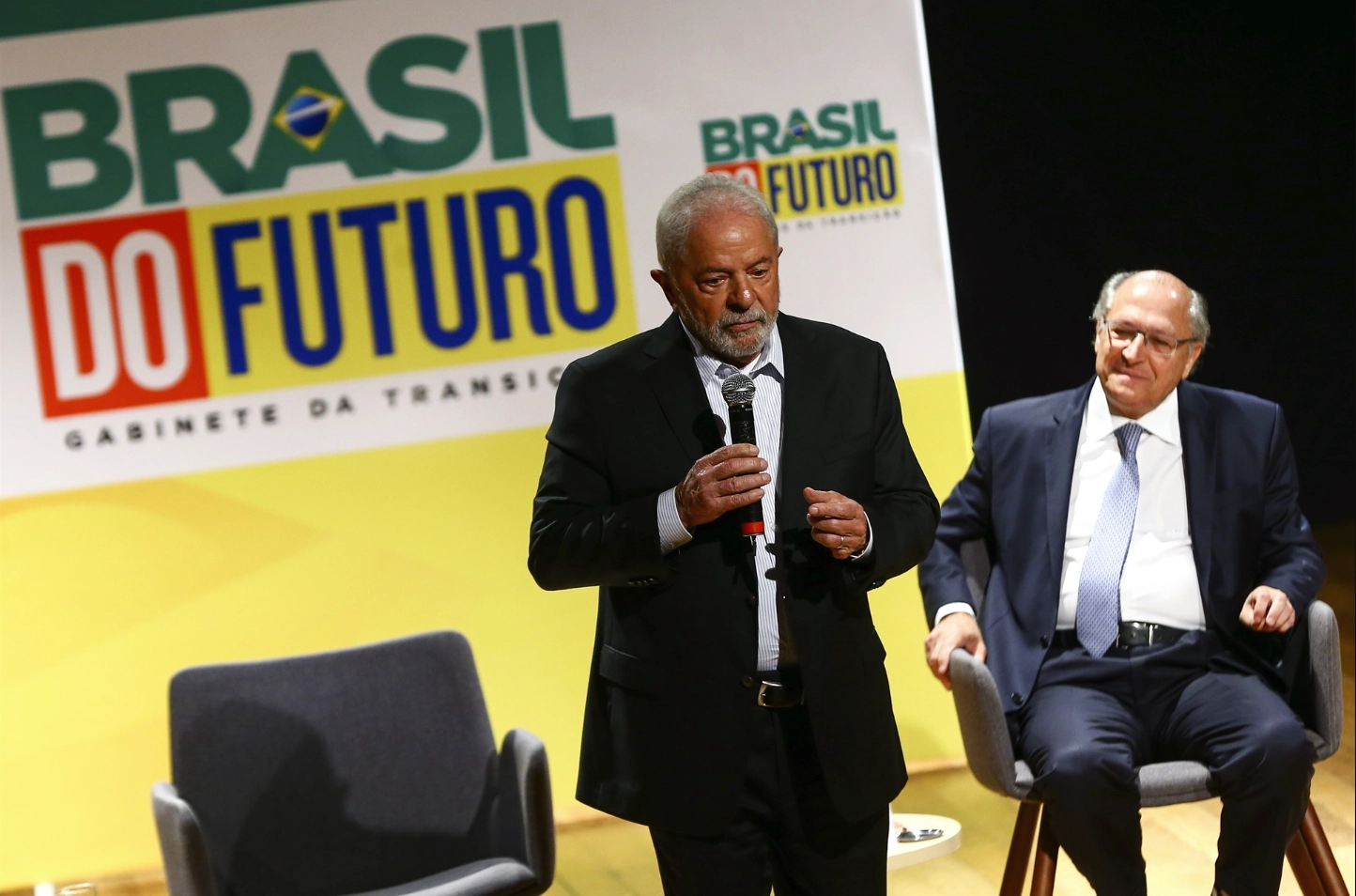After four years away from the global agenda and active participation in various international meetings, Brazil returned to the international community in 2023 to reposition its image abroad, seeking to attract new economic and political opportunities through international cooperation with other states. In this dynamic, the Ministry of Culture was rebuilt and the largest investment in Brazilian history was regulated. Through the Paulo Gustavo Law, R$3.8 billion was earmarked for the culture production chain in states and municipalities by 2023. Among the various public policies implemented within the Ministry of Culture, the internationalization policy for Brazilian literature, implemented through the National Library Foundation’s Program to Support the Translation and Publication of Brazilian Authors Abroad, stands out.
The current policy of the Lula da Silva government to rebuild Brazil’s image abroad seeks to participate in subjects and debates considered relevant to global governance to gain recognition and legitimacy among its sovereign peers. In this sense, during the first year of the third presidential term, diplomatic relations with other countries were strengthened through agendas considered important for the country’s development.
The cultural agenda was strengthened in this context with the reconstruction of the Ministry of Culture, a fundamental institution for projecting Brazilian soft power (academic language) in the world. Soft power is a concept created by international relations professor Joseph Nye and first used in the 1980s. The concept became widespread in the 2000s, with the phenomenon of globalization and the greater influence of non-state actors in the dynamics of international relations, such as paradiplomacy, contributing to opportunities for economic gains and political interests.
Examples of recent soft power actions that are considered successful include Japanese manga and Korean K-pop, which are cultural goods that export the image of their respective countries and manage to increase their GDPs due to their capability for influence, impacting international business and attracting tourists.
Traditionally, Brazil has also used its culture to project its image to the world. Brazilian popular music such as Bossa Nova and Samba are examples of this. Moreover, other actions also contribute to this. The National Library Foundation has been drawing up and implementing a policy for the internationalization of Brazilian literature since 1991. This is the Program to Support the Translation and Publication of Brazilian Authors Abroad, a public policy offered to foreign publishers interested in translating into any language, publishing and distributing abroad works by Brazilian authors previously published in Portuguese.
This public policy, now run in partnership with the Ministry of Culture and the Ministry of Foreign Affairs has supported more than 1,200 Brazilian works, translated into 45 languages, with Spanish being the language that leads the ranking of translations, totaling 287 financial supports granted over a little more than 30 years. In Latin America alone, until the first half of 2023, 150 works had been supported, spread across seven countries. Argentina leads the ranking, benefiting from more than 80 translation grants.
The promotion of contemporary Brazilian literature is considered to be in line with the objectives of the current government’s foreign policy, given that major publishing houses are interested in translating, publishing, and disseminating narratives by well-known authors such as Clarice Lispector and Machado de Assis in their respective countries. These two authors lead the Translation Support Program’s ranking of translations in their respective categories. As well as contemporary authors such as indigenous activist leader Ailton Krenak and professors Conceição Evaristo and Djamila Ribeiro, who are recognized by the public and critics as successes for writing from their knowledge and experiences.
Through their books, Itamar Vieira Júnior, Micheliny Verunschk, and other authors can convey the struggles, beliefs, cultures, and memories of contemporary Brazilian society to readers from other countries and cultures, helping to strengthen ties between nations. In this sense, the current Minister of Culture, Margareth Menezes, noted in September 2023, at the ceremony to launch the last call for proposals for 2022-2023, that the action is part of the Lula government’s initiative to rebuild the Ministry of Culture and defended the fact that the promotion of Brazilian culture should be considered part of a state policy. That is to say that it should continue to be carried out regardless of the political ideology of the government that subsequently will take over the presidency.
In addition to the Translation Support Program, other initiatives are also part of the strategy to internationalize Brazilian literature, such as Brazil’s participation in various international literary fairs, which have already taken place in the second half of 2023 or will take place in 2024. In Latin America, it is worth highlighting the cities of Buenos Aires (Argentina), Guadalajara (Mexico), Bogotá (Colombia), and Havana (Cuba), the latter two being places where Brazil will be honored in 2024, which helps to confirm the good performance of cultural diplomacy in these countries.
According to the President of the National Library Foundation, Marco Lucchesi, at a ceremony to launch the Translation Support Program, the Foundation’s commitment to this policy is to represent, promote, and defend Brazil’s linguistic and cultural diversity. With this in mind, Lucchesi argued that “our beauty lies in our diversity […]. We want to tell the world who we are, not because we are going to teach, but because we are different”.
Considering the above, we stress the need for the National Library Foundation’s Translation Support Program to be seen by the executive branch as a budgetary priority so that it can expand the grants awarded and include more contemporary authors who are not yet widely known and who can contribute, from their worldview to the repositioning of the Brazilian image abroad.
Translated by Janaína Ruviaro da Silva from the original in Portuguese.













